Posted on 7/26/2022
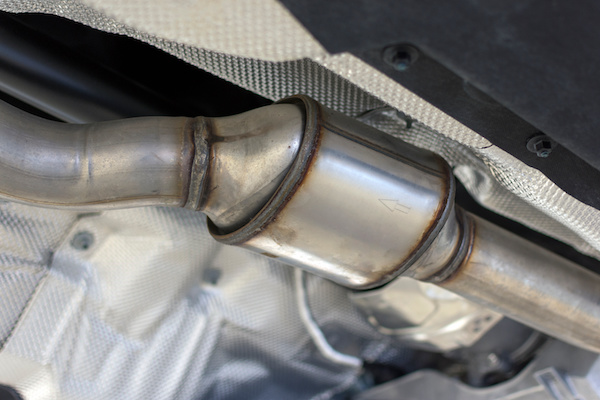
If you're like most people, you have no idea what a catalytic converter does. In fact, many people don't even know what catalysts are! A catalytic converter is a device that is found in the exhaust system of cars. It uses a catalyst to convert harmful emissions into less harmful ones. Without a catalytic converter, your car would produce smog and other pollutants that are harmful to both humans and the environment. Catalytic converters are made up of three main parts: the housing, the substrate, and the catalyst. The housing is typically made of stainless steel or ceramic. The substrate is a honeycomb-like structure that is coated with platinum, palladium, or rhodium. The catalyst is what actually does the work of converting the emissions. It is usually made of platinum or palladium. Catalytic converters are not 100% effective at cleaning up emissions. However, they are very good at reducing the amount of pollution that cars produce. In fact, catalytic converters have been cr ... read more
Posted on 6/29/2022
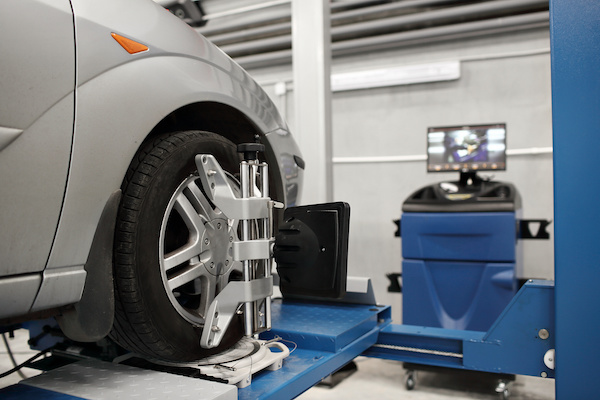
After miles and miles of driving, did you know that your wheels start to point in different directions or knock out of alignment? To have your wheels pointing in the right direction, vehicle owners need to get wheel alignments. Here are some of the signs to look out for to tell when it's time to get a wheel alignment: Rapid Tire Wear - One way to tell if you need a wheel alignment is by look at your tire tread. Accelerated tire wear can occur from a number of problems, including poor wheel alignment. If you notice balding or unusual wear pattern, have an expert check on your wheel’s angles. Car Pulling to the Side - Imaging wanting to drive straight, but your vehicle keeps yanking your left or right. This frustrating symptom can mean you need a wheel alignment. If you can’t seem to hold a grip of your vehicle on a straight road, please bring your car to an auto repair shop immediately. Loose Steering Wheel - Poor alignment can make your steering feel loose, sloppy, o ... read more
Posted on 5/24/2022
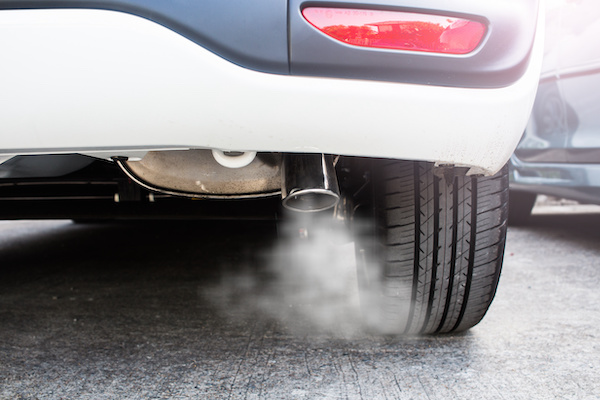
You don't have to be a trained automotive expert to know when something is going wrong with your vehicle. With the simple use of your eyes and nose, you can infer that you may need to take a trip to a mechanic. When it comes to your exhaust system, a thick cloud of emissions is typically a bad sign. Under normal conditions, a light cloud is fine. However, if the smoke is thick and unusual in color, it can mean trouble. Bad exhaust smoke usually appears as black, white, or blue depending on the nature of the problem. Black Smoke Black smoke means that there's an imbalance of fuel and air burning in the engine. Some examples of issues that can cause excess black fumes include failing fuel injectors, a clogged air filter, or even a bad pump. White Smoke White smoke is a sign that your head gasket is leaking and trickling coolant into the combustion chamber of the engine. Other ways coolant can drip into the chamber is a cracked engine block and faulty cylinder head. Blue Smok ... read more
Posted on 4/27/2022
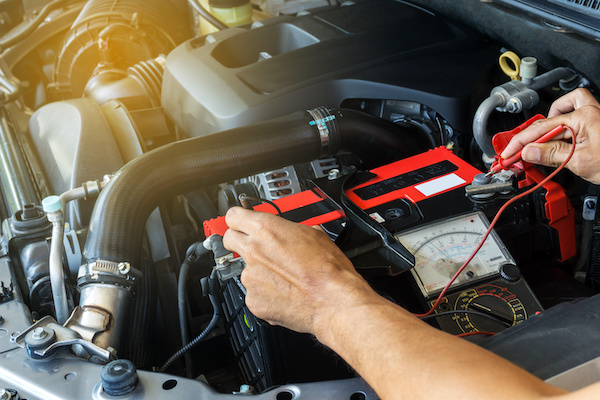
You probably have experienced the awful moment when your car fails to start. Although you may equate these experiences to a dead battery to the chilly winter temperatures, the summer months are tougher. The life expectancy of batteries in cold climates is 51 months, but those in warm temperatures are 30 months. Your car battery starts discharging on its own within 24 hours, something that takes many days in cold winter. Therefore, you may wake up to a dead battery in scorching conditions. Below are tips for helping you protect your battery during summer: Tips for Ensuring Your Car Battery Stays Safe this summer Keeping the Battery Cool It will help to park your car in a cool or shaded area because heat drains the battery. Also, putting your vehicle in a cool place will ensure the interior is cooler when you enter. Increasing Driving Time Driving short distances slowly kills your car's battery because the alternator requires time to recharge the battery after it is started. W ... read more
Posted on 3/23/2022
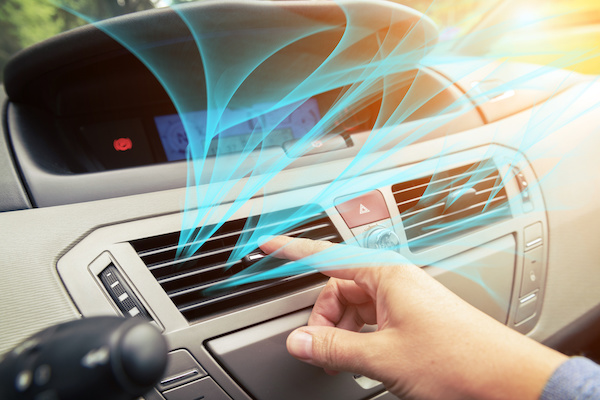
Air conditioning is a must when it comes to spring and summer driving in Tampa, FL. And most of us take it for granted until we can't feel the cool air blowing anymore. With spring in full swing, now is the perfect time to have your A/C checked by professional mechanics. Otherwise, it could suffer from one of these problems later on this season. Common A/C Problems Refrigerant Leak - Refrigerant, also known as freon, is the cooling factor for the air. A leak of this stuff is one of the most common ways a car A/C stops working. Often, it bleeds out of seals or hoses that have worn down over time. The experts at our shop can pinpoint the leak, patch it up, and top you off on freon so that you can be on your way. Broken Compressor - The compressor in your car's air conditioning system makes sure the air and freon are circulated. A common reason for this component to go bad is going too long without using the A/C. Blocked Condenser - The condenser is what allows t ... read more